Bachelor of Science in Civil Engineering

学历文凭
Bachelor Degree

专业院系
土木工程

开学时间

课程时长

课程学费

国际学生入学条件
Official transcripts, graduation certificates and/or leaving exam results for all international and U.S. secondary schools (high schools) attended.
All official AICE, AP, Cambridge AS/A level scores, CLEP and IB scores, if applicable
Official SAT [code: 5233] or ACT [code: 0735] score
TOEFL - 220 or higher for computer-based, 80 or higher for internet-based or 550 or higher for paper-based. IELTS - A score of 6.5 or higher.
All official AICE, AP, Cambridge AS/A level scores, CLEP and IB scores, if applicable
Official SAT [code: 5233] or ACT [code: 0735] score
TOEFL - 220 or higher for computer-based, 80 or higher for internet-based or 550 or higher for paper-based. IELTS - A score of 6.5 or higher.
IDP—雅思考试联合主办方

雅思考试总分
6.5
了解更多
- 雅思总分:6.5
- 托福网考总分:80
- 托福笔试总分:550
- 其他语言考试:A minimum 520 EBRW rSAT score, 480 Critical Reading SAT score or 20 ACT (English section)
CRICOS代码:
申请截止日期:请 与IDP联系 以获取详细信息。
课程简介
Civil Engineering is concerned primarily with the planning, analysis, and design skills for such areas as structures, geotechnical, transportation, and water resources. Structures: Analysis and behavior of steel, concrete and composite structures. Classical and finite element analysis of structures in static and dynamic environments. Research projects include: fiber reinforced plastics, prestressed concrete bridge behavior, wind engineering, inelastic seismic response of concrete and steel connections and systems, and nonlinear dynamics. Geotechnical: Basic geotechnical engineering, foundation design, dynamics of soil, groundwater seepage and hydrology. Advanced geotechnical engineering and environmental geotechnology. Research projects include: subsurface exploration, soil and material testing, ground improvement and stabilization, soil-structure interaction and soil contamination. Water Resources: Surface and groundwater with emphasis on open channels, closed conduits, modeling, stormwater management, hydraulic designs, hydrologic characterization, reservoir, systems, and groundwater systems are studied with respect to theory and practice. Transportation: The curriculum in transportation engineering covers planning, design, and operation of transportation facilities including highways, mass transit, airports, and railroads. The coursework covers state-of-the-art Intelligent Vehicle Highway Systems (IVHS). Tesearch in the areas of traffic incident management, traffic safety, advanced traveler information systems, efficiency of electronic toll collection systems, and air quality modeling of electronic toll plazas is carried out through the Transportation Systems Institute (TSI).
相关申请

预科

奖学金

实习机会

在校学习

跨境学习

校园授课-线上开始

在线/远程学习
学校排名
世界排名
601
数据源:泰晤士高等教育世界大学排名
本校相关课程
University of Central Florida Global Achievement Academy III (UGAA III)

学历文凭
Foundation for Undergraduate
下一个开始日期
课程费用总额
Bachelor of Science in Information Technology
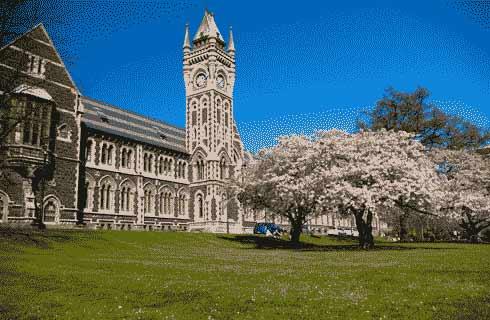
学历文凭
Bachelor Degree
下一个开始日期
课程费用总额
Bachelor of Science in Industrial Engineering

学历文凭
Bachelor Degree
下一个开始日期
课程费用总额
理学工商管理学士-管理

学历文凭
Bachelor Degree
下一个开始日期
课程费用总额
机械工程学学士学位
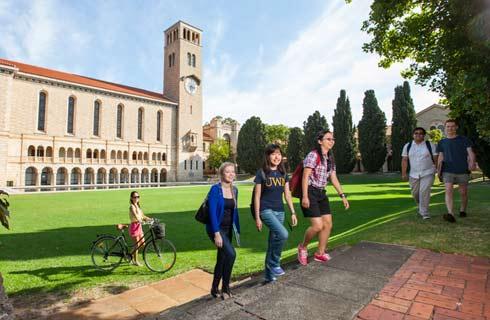
学历文凭
Bachelor Degree
下一个开始日期
课程费用总额
Bachelor of Science in Hospitality Management
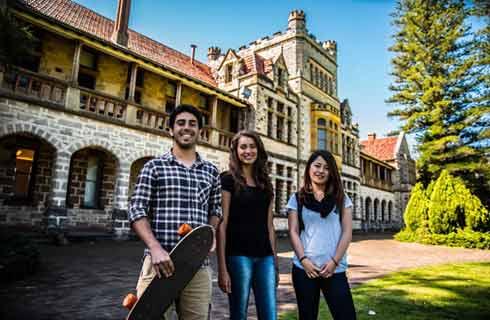
学历文凭
Bachelor Degree
下一个开始日期
课程费用总额
其他相关课程
土木工程应用科学硕士

滑铁卢大学
泰晤士高等教育世界大学排名:
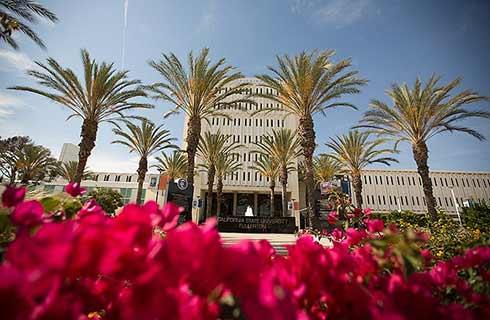
学历文凭
Masters Degree
下一个开始日期
课程费用总额
土木工程应用科学学士学位

滑铁卢大学
泰晤士高等教育世界大学排名:

学历文凭
Bachelor Degree
下一个开始日期
课程费用总额
土木与资源工程哲学博士

达尔豪斯大学
泰晤士高等教育世界大学排名:
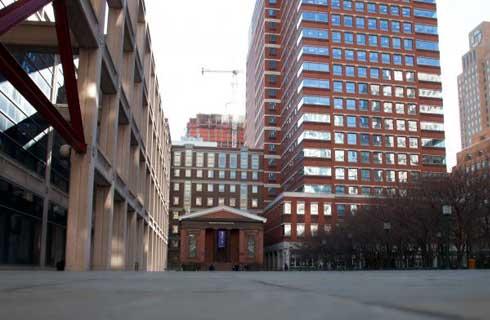
学历文凭
Ph.D.
下一个开始日期
课程费用总额
土木与资源工程学硕士

达尔豪斯大学
泰晤士高等教育世界大学排名:

学历文凭
Masters Degree
下一个开始日期
课程费用总额
土木与资源工程应用科学硕士

达尔豪斯大学
泰晤士高等教育世界大学排名:

学历文凭
Masters Degree
下一个开始日期
课程费用总额
Advanced Diploma in Civil Engineering Bridge to UBC

卡莫森学院
泰晤士高等教育世界大学排名:
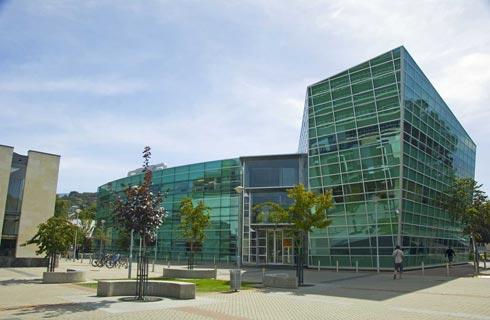
学历文凭
Bachelor Degree
下一个开始日期
课程费用总额





